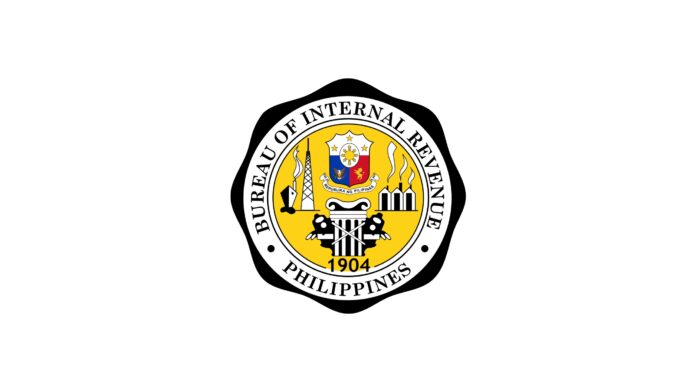The Bureau of Internal Revenue (BIR) officially kicked off its 2023 National Tax Campaign with the theme Tulong-tulong sa Pagbangon, Kapit Kamay sa Pag-ahon, Buwis na Wasto, Alay Para sa Pilipino on February 7, 2023 at the Philippine International Convention Center (PICC).
During the event, Finance Secretary Benjamin Diokno addressed both taxpayers and BIR officials to do their part in supporting the country’s recovery and growth.
“As we enter the tax season, we are counting on all of you to faithfully, efficiently, and fairly collect taxes to finance the government’s programs and projects,” Diokno said.
“In addition, we will need the full support of our taxpayers, especially the new generation of entrepreneurs and emerging businesses in the new economy, in mobilizing fiscal resources for our country’s continued recovery and development,” Diokno added.
The head of the Department of Finance (DOF) also suggested taking advantage of the post-pandemic early years, which he said is a critical point in time.
Therefore, the government will ramp up spending on infrastructure development, which will create high quality jobs, improve overall productivity, spur new businesses, and improve accessibility for all communities.
Tasked to meet the country’s development goals, the BIR launched its Digital Transformation (DX) Program and other administrative reforms that widened the tax base and simplified tax collection.
These efforts resulted in increased registered business taxpayers, which went up more than four times the agency’s target at 12.5 percent or 5.2 million business taxpayers as of end 2022.
“We exceeded our revenue targets for 2022. Meanwhile, the emerging tax effort, or the taxes as a percentage of gross domestic product, for full-year 2022 now stands at 14.6 percent and we are on track to achieving our goal to raise the tax effort to 17.1 percent by 2028,” Diokno said.
Last November, the House of Representatives approved bills on the imposition of value-added tax on digital transactions, the Passive Income and Financial Intermediary Taxation Bill, and the imposition of excise tax on single-use plastics (SUPs).
Other pending measures in the Congress are reforms to the real property valuation and assessment system and the rationalization of the mining fiscal regime. Meanwhile, the feasibility of imposing higher sin taxes on alcohol and e-cigarettes, as well as implementing carbon taxation, are being studied by the Finance department.







